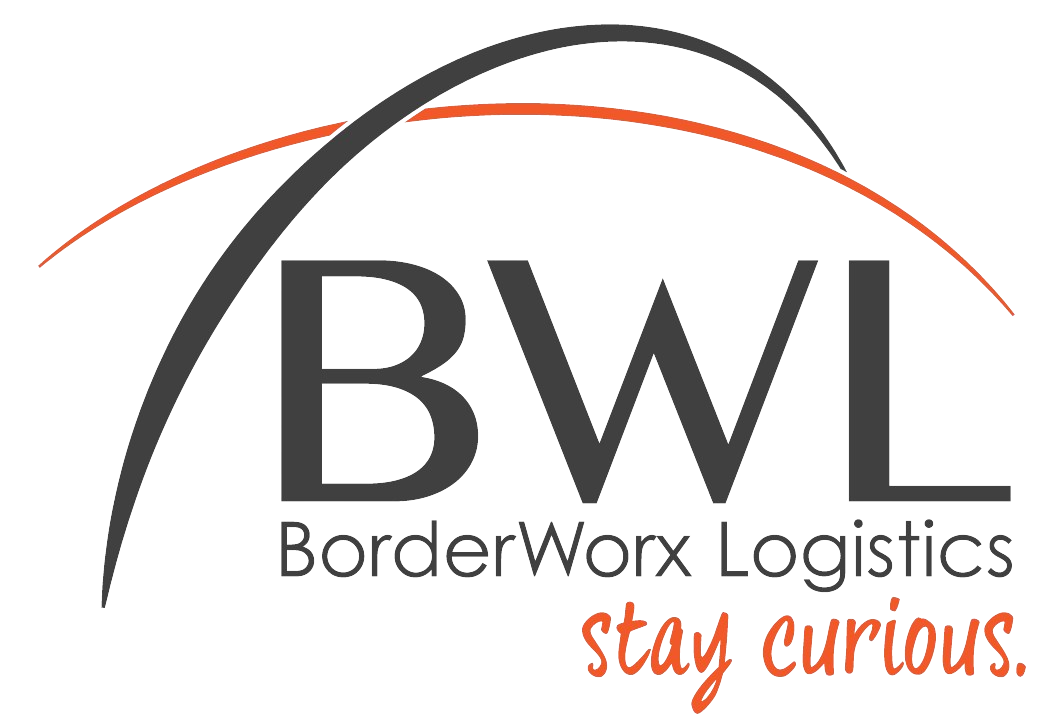In the intricate world of international shipping, where goods traverse continents and oceans, Container Freight Stations (CFS) play a crucial role. These often-overlooked facilities are the vital link between smaller shipments and the massive container ships that dominate global trade.

What is a CFS?
A CFS is essentially a warehouse located near a port or railway hub. Its primary function is the consolidation and deconsolidation of Less than Container Load (LCL) cargo. In simpler terms, it’s where smaller shipments from multiple exporters are grouped together into a single container for export (consolidation) or where an imported container is unpacked and individual shipments are sorted for delivery to different importers (deconsolidation).
Why are CFSs Important?
- Cost-effectiveness: For businesses shipping smaller volumes, renting an entire container (Full Container Load – FCL) is not economical. CFSs allow these businesses to share container space with others, reducing shipping costs significantly.
- Efficiency: By consolidating and deconsolidating cargo, CFSs streamline the loading and unloading process at ports, improving overall efficiency and reducing shipping times.
- Security: CFSs provide a secure environment for goods, with measures in place to prevent damage, theft, and other risks.
- Flexibility: They offer a range of value-added services, such as packing, labeling, customs clearance, and temporary storage, providing flexibility to shippers and importers.
The CFS Process
- Export Consolidation: Exporters deliver their LCL cargo to the CFS. The CFS staff inspects, sorts, and stores the cargo until enough is accumulated to fill a container.
- Container Loading: Once a container is full, the cargo is carefully loaded and secured, ensuring optimal space utilization and safety.
- Transport to Port: The loaded container is then transported to the port for loading onto a vessel.
- Import Deconsolidation: Upon arrival at the destination port, the container is transported to the CFS.
- Unpacking and Sorting: The CFS staff unloads the container, sorts the individual shipments, and prepares them for delivery to the respective importers.
Choosing the Right CFS: Why Borderworx Stands Out
Selecting the right CFS can significantly impact your shipping experience. Factors to consider include location, services offered, security measures, and reputation. Borderworx Logistics emerges as an ideal choice for businesses seeking a reliable and efficient CFS solution. With strategically located facilities in the Greater Toronto Area, Niagara Falls, and Buffalo, Borderworx offers:
- Streamlined cross-border expertise: Specializing in Canada-U.S. trade, Borderworx simplifies the complexities of cross-border shipping, ensuring smooth and timely movement of goods.
- Comprehensive services: Beyond consolidation and deconsolidation, Borderworx provides a full suite of services, including warehousing, distribution, customs brokerage, and Section 321 fulfillment.
- Technology-driven solutions: Borderworx leverages advanced technology to optimize operations, enhance visibility, and provide seamless integration with client systems.
The Future of CFSs
With the continued growth of global trade and the increasing popularity of e-commerce, CFSs are expected to play an even more critical role in the future. Technological advancements, such as automation and digitization, are also transforming the CFS industry, improving efficiency and transparency.
In conclusion, Container Freight Stations are essential cogs in the machinery of global trade. They provide a cost-effective, efficient, and secure solution for businesses involved in LCL shipping, facilitating the smooth flow of goods across borders. With its strategic focus and comprehensive services, Borderworx is well-positioned to be your trusted partner in navigating the complexities of international shipping.
